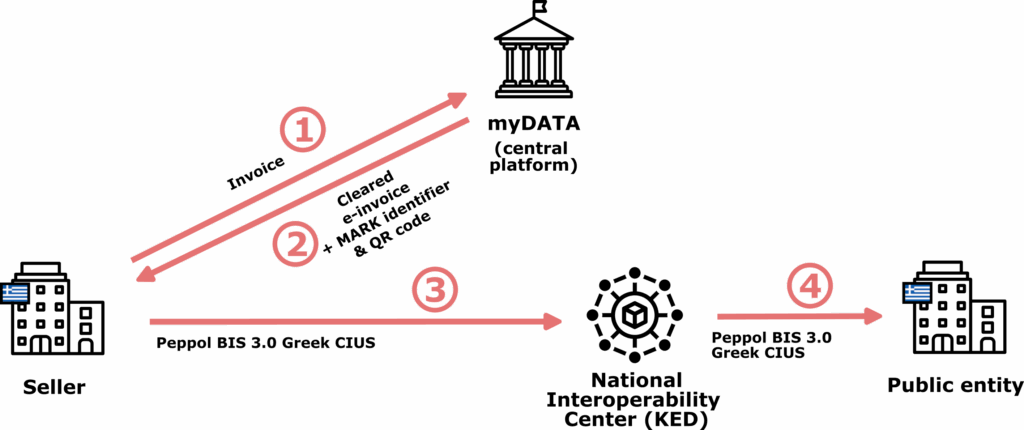To support all businesses in meeting the upcoming B2B e-invoicing mandate, the Greek government has introduced tax incentives: a 100% tax deduction covering the purchase and setup costs of the software, as well as the first 12 months of subscription or operating fees, provided the solution enables compliance with the new mandate.
To qualify for these tax deductions, companies must adopt an e-invoicing solution at least two months before the B2B mandate deadlines.






